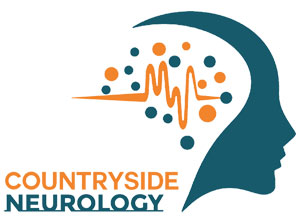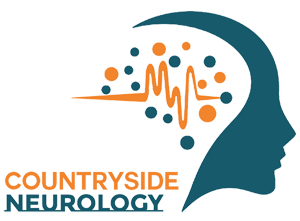Living with chronic pain can be physically and emotionally challenging, but there is a powerful tool that can help manage its impact: mindfulness. Mindfulness, the practice of being fully present and nonjudgmentally aware of the present moment, has gained recognition for its effectiveness in reducing pain perception and improving overall well-being. In this article, we will explore how mindfulness can be harnessed to cope with chronic pain and offer practical exercises to incorporate into your daily routine.
- Understanding Chronic Pain: Chronic pain is often persistent and can be caused by various conditions, such as fibromyalgia, arthritis, or neuropathy. While medication and other treatments may provide relief, mindfulness offers a complementary approach that can help individuals develop a new relationship with pain.
- The Science Behind Mindfulness and Pain: Research has shown that mindfulness practices can modulate pain perception and promote pain tolerance. By shifting our focus to the present moment and cultivating an accepting attitude toward our pain, we can alter the way we experience it. Mindfulness activates brain regions associated with pain modulation and reduces the emotional suffering often associated with chronic pain.
- Cultivating Mindfulness for Pain Relief:
- Breath Awareness: Practice mindful breathing by focusing your attention on the sensation of your breath entering and leaving your body. Allow yourself to fully experience each breath, observing it without judgment. This simple exercise can help anchor your awareness in the present moment and provide relief from pain-related distress.
- Body Scan: Engage in a body scan meditation by systematically bringing your attention to each part of your body, noticing any sensations or areas of discomfort. Instead of resisting or reacting to the pain, observe it with curiosity and a nonjudgmental attitude. This practice helps cultivate an attitude of acceptance and promotes a sense of interconnectedness between mind and body.
- Mindful Movement: Incorporate gentle mindful movements into your daily routine, such as yoga or tai chi. Engage in these activities with focused attention on the sensations and movements of your body, allowing yourself to experience the present moment fully. Mindful movement can improve flexibility, reduce muscle tension, and provide a sense of overall well-being.
- Loving-Kindness Meditation: Practice loving-kindness meditation by directing warm and compassionate thoughts toward yourself and others. This practice fosters a positive emotional state, which can counteract the negative impact of chronic pain on mental well-being and promote feelings of connectedness and support.
- Integrating Mindfulness into Daily Life:
- Mindful Eating: Engage in mindful eating by savoring each bite, noticing the flavors, textures, and smells of the food. Eating mindfully can enhance the enjoyment of meals and contribute to a healthier relationship with food, which can indirectly impact pain management.
- Mindful Stress Reduction: Use mindfulness techniques to manage stress, which often exacerbates pain symptoms. Engage in activities like deep breathing exercises, guided imagery, or progressive muscle relaxation to calm the mind and promote relaxation responses.
- Mindful Self-Compassion: Cultivate self-compassion by acknowledging the challenges you face and offering yourself kindness and understanding. Treat yourself with the same care and compassion you would extend to a loved one going through a difficult time.
If you or a loved one are experiencing pain caused by neurological conditions, contact Countryside Neurology at 727-712-1567 to schedule an appointment.
Sources:
ChatGPT




